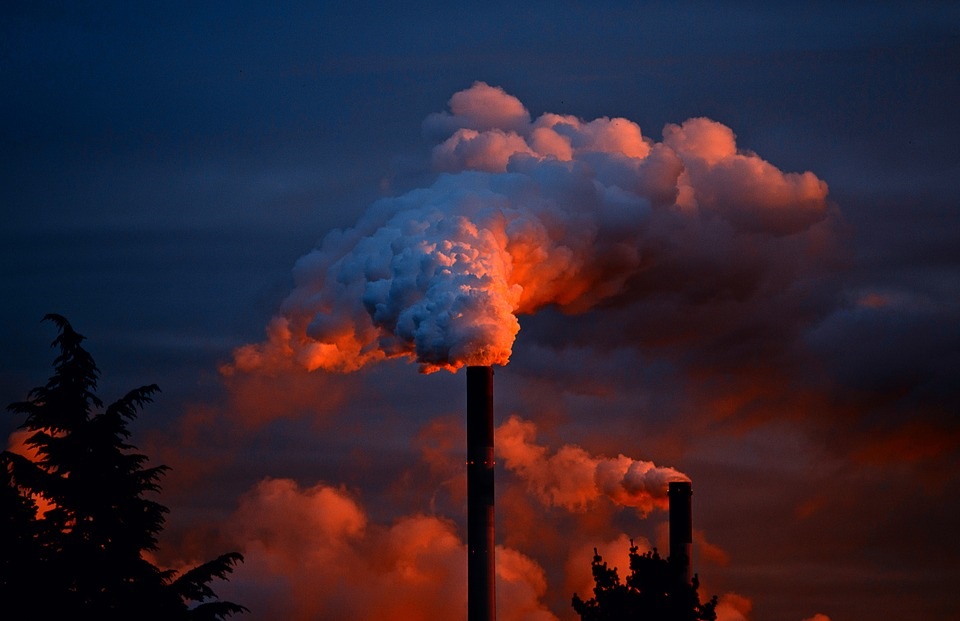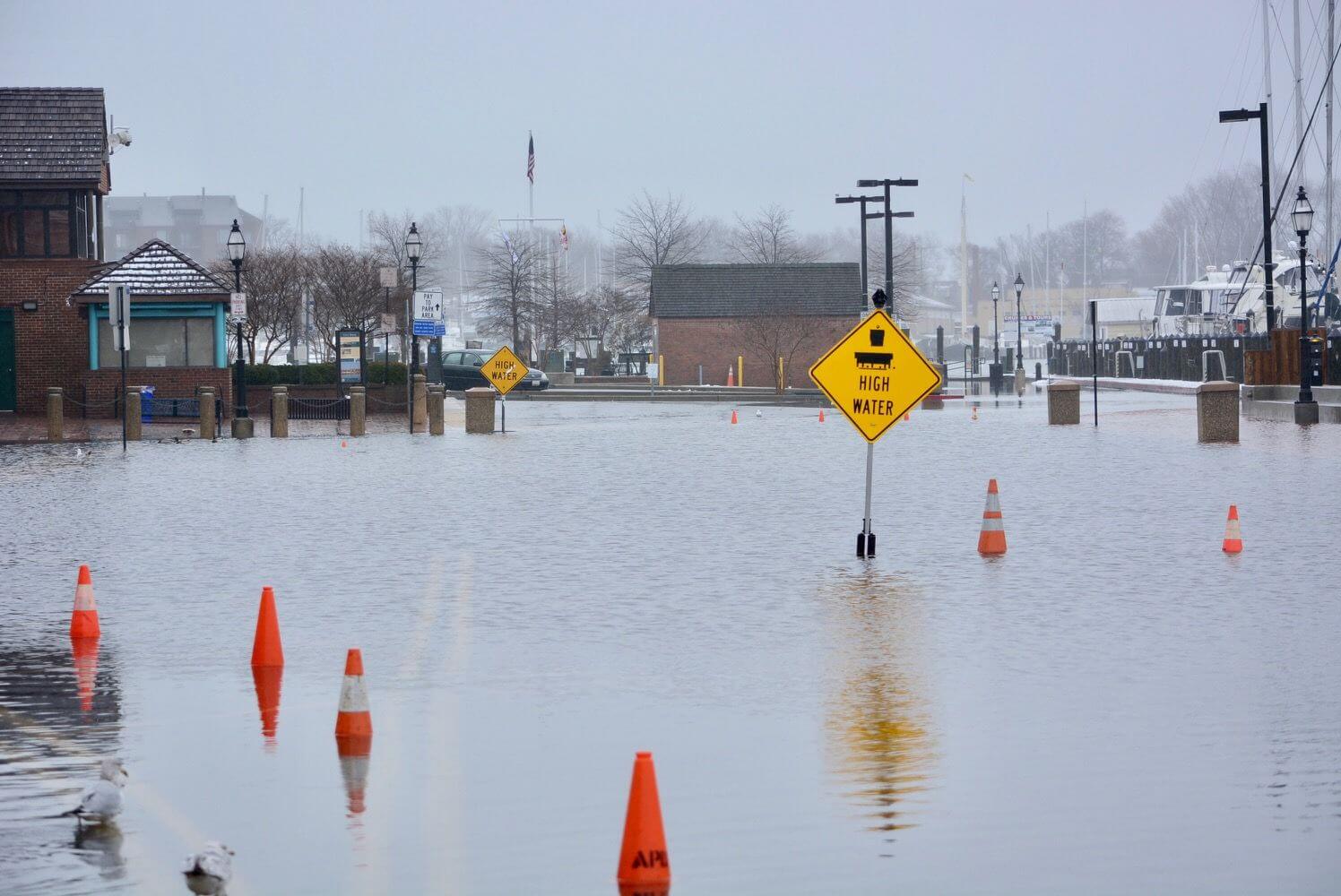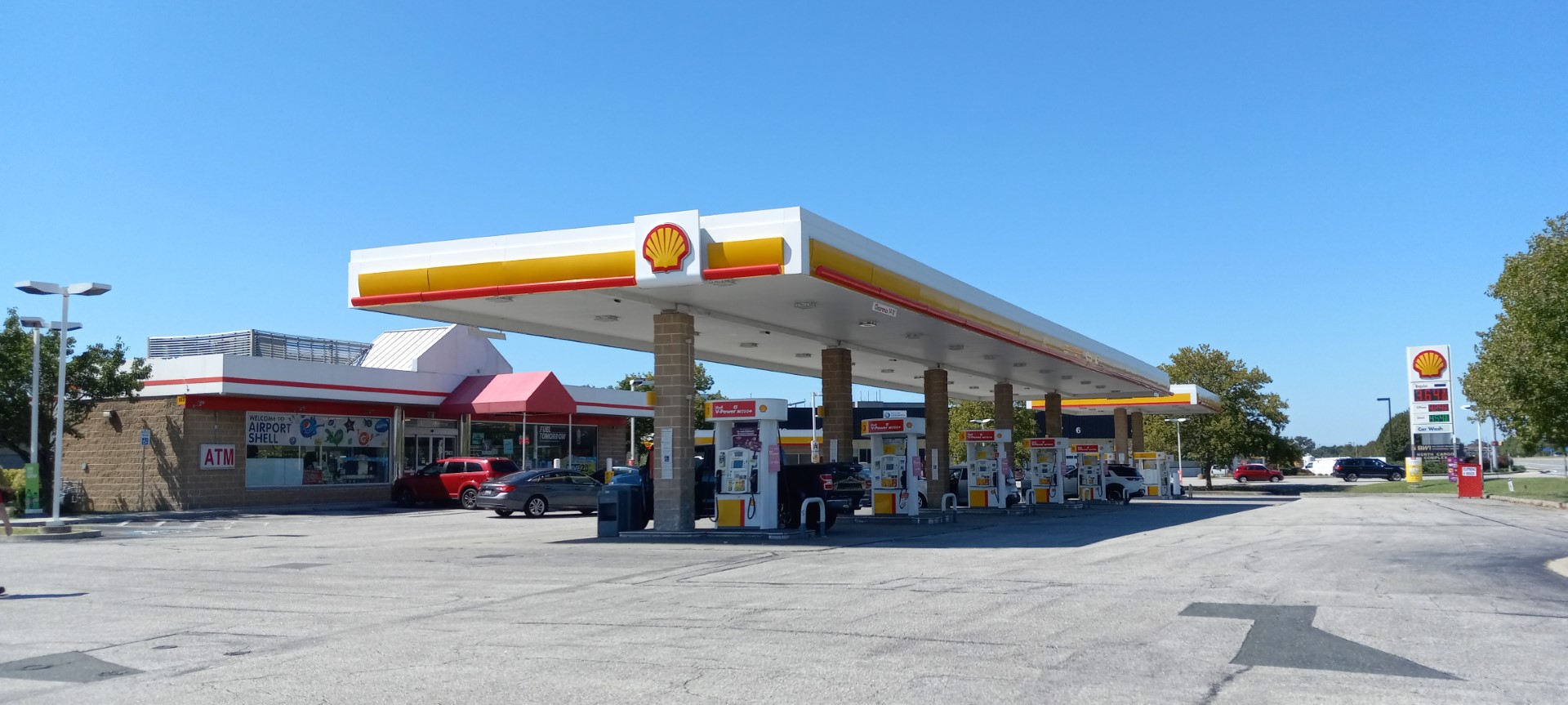Del. Boyce: Climate Equity Bill Puts a Stop to Decades of Harmful Decision-Making

By Del. Regina T. Boyce
The writer, a Democrat, is a member of the Maryland House of Delegates, representing District 43 in Baltimore City.
Last month, two power plants in Curtis Bay received the preliminary approval from the Maryland Public Service Commission to shift from coal to oil. Even though this change is due to the company’s commitment to discontinue the use of coal by the end of 2025, oil is a fossil fuel, and we need to know what the effects on Maryland and Marylanders will be. We cannot guestimate this information.
And that’s just it, we don’t have to guess. All Maryland departments should be thinking more broadly about how these changes affect our climate, our communities and our workforce.
The first of the two plants, which sit side-by-side on a nearly 500-acre site across from Sparrows Point, began operating in 1956. At that time, Marylanders weren’t talking about the climate and environmental impacts of burning fossil fuels.
They didn’t consider how certain communities – particularly low-income neighborhoods and communities of color – coupled with local zoning laws would end up home to more emission-generating operations or whether workers at those sites were adequately compensated not just for their salary but also for worksite safety and protections.
Today, those conversations should be central to any actions our state takes that could affect our collective health and quality of life. But right now, those actions are not happening.
The plants’ owners argued they didn’t need certain approvals because the change from coal to oil would decrease air emissions, and the PSC agreed. But how do they know?
This moment could have been an opportunity for a thorough analysis and a data-driven conversation about the impact these plants have on the climate and communities around them, now and in the years to come. Because state departments are under no obligation to consider those impacts, however, those conversations didn’t happen.
Let’s be clear, this isn’t just about power plants or the PSC. It’s an issue that affects every department and community across our state.
Consider the concentration of agricultural operations on the Eastern Shore, the density of waste incinerators in south Baltimore or the number of power plants in areas in Prince George’s County. We need better methods to protect Maryland and Marylanders, and especially overburdened communities that are disproportionately affected by the negative impacts of harmful facilities and other industrial activities.
That’s why I’m sponsoring a bill in the General Assembly to promote climate equity in Maryland.
This legislation would require state departments weighing in on any proposed permit or project to consider certain criteria, such as the greenhouse gas emissions or climate effects of the change; whether on-site workers receive prevailing wages and a safe workplace; and any potential negative impacts to the health or economic well-being of area residents.
The bill focuses particularly on overburdened communities, including those that are largely non-white or where a quarter or more of households are low-income or have limited English proficiency.
The legislation provides our state an objective method to assess the immediate and long-term costs of any project, large or small. The transparent assessments required will inform public engagement, steer state decision-making and guide the development of activities – from highway expansions to flood remediations – that affect all of us.
Today, some communities have resources that help them block certain types of projects. When this legislation becomes law, all communities will be treated more fairly by state agencies.
Our leaders across the state are dealing with decades of harmful decision-making that didn’t consider the impacts of a range of projects and permits on our communities and climate.
One of my Baltimore constituents, Sandy Coles, has identified more than 50 large and small polluters in the blocks around her home. She laments how government actions failed to account for or respond to the environmental threats that amplified public health and wealth disparities in the area. Her complaint is simple: “We deserve better.” I agree.
On the Eastern Shore, Monica Brooks is raising the alarm about enormous chicken plants that hurt the community. As she puts it: “We don’t hate chicken, we don’t hate farmers, but we expect that the state will consider the environment and people when they make decisions about these operations.”
And in Lothian, in southern Anne Arundel County, Tracy Garrett is determined to end the proliferation of polluting facilities, including reclamation sites and a medical waste site, that cause pollution and bring down property values for a racially diverse, but largely lower-income community. As she describes it: “Our area has been called a sacrifice zone because that’s what’s been allowed to happen, people choosing big profits over people.”
We need to stand up for these community leaders by ensuring that decisions made by state departments consider the damage any permit or project may cause to our communities and the climate. Our climate equity legislation would do exactly that.




 Creative Commons Attribution
Creative Commons Attribution